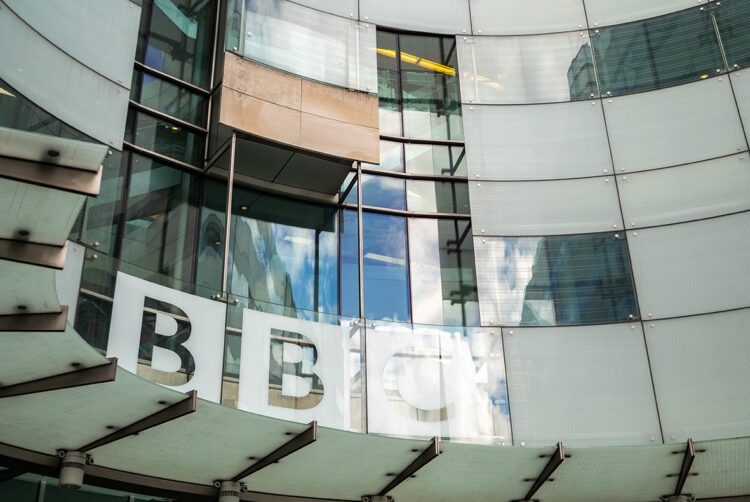Prime minister Sir Keir Starmer has committed to the existing BBC licence fee model for the next three years.
Labour had committed to the licensing scheme as the BBC’s funding model in its manifesto.
Starmer said: “There’s going to be some more thought between now and [2027], but we are committed to the BBC and we are committed to the licensing arrangements.”
New culture secretary Lisa Nandy had previously spoken about the possibility of a “mutualisation” of the BBC to make the organisation “more accountable” to the viewers who fund it.
Analysis: What are the funding options?
In 2022, the then Conservative government chose to freeze the BBC licence fee for two years, leading the public-service broadcaster to reduce services like local news and the World Service.
Then culture secretary Nadine Dorries also hinted in a series of tweets that she would scrap the licence fee by 2027 without first consulting the House of Commons.
The Media Leader columnist Raymond Snoddy had previously predicted the BBC licence fee to be “one of the bulkier items” in Labour’s in-tray, specifically for Sir Chris Bryant, a former BBC European affairs chief who is now a junior minister in the culture department.
Labour is expected to be “less hostile to the BBC” than the Conservatives, but what will happen to the licence fee beyond 2027, when the current BBC charter ends?
Indeed, in recent years, the issue of how the BBC should be funded has been raised many times, alongside the relative benefits and drawbacks of different models.
This was once again brought to the fore when the broadcaster announced plans earlier this year to bring advertising to its podcasts in the UK.
Instead of offering more options, introducing advertising “would be bad for audiences, bad for advertisers and ultimately bad for the BBC itself”, with the economic and creative value of UK radio “fatally damaged”, Matt Payton, Radiocentre’s CEO, argued at April’s Future of Audio and Entertainment conference.
A Radiocentre study using competition analysis and economic modelling found that advertising “would not support” the majority of BBC radio stations in their current form. It warned that a “purely commercial market funded by advertising” could result in “market failure”.
A central taxation proposal
In an excerpt from the book How Do We Pay for the BBC After 2027?, Roger Parry agreed that an advertising model was not the answer to the BBC, as the pool of advertising is “limited”, while a subscription set-up would only work for some of the BBC’s output.
Parry put forward the suggestion that, after 2027, a new charter should be drawn up to make the BBC funded by a direct grant from central taxation.
At the same time, commercial arm BBC Studios should “be unfettered and encouraged” to create additional high-quality commercial content that will be available only on subscription.
Adwanted UK are the audio experts operating at the centre of audio trading, distribution and analytic processing. Contact us for
more information on J-ET, Audiotrack or our RAJAR data engine. To access our audio industry directory, visit
audioscape.info and to find your new job in audio visit
The Media Leader Jobs, a dedicated marketplace for media, advertising and adtech roles.




